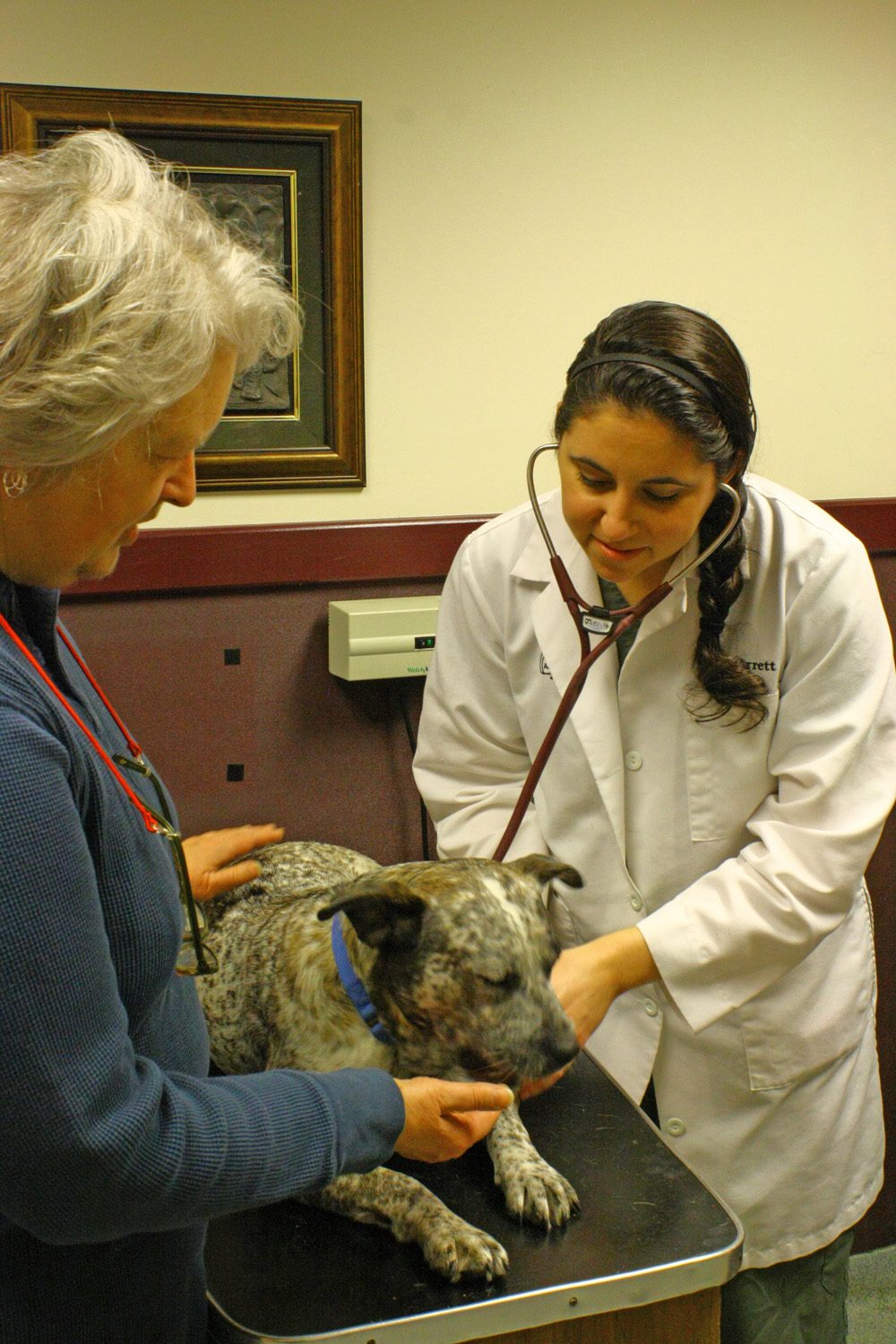Could your pet have diabetes? After all, 43% of diabetic dogs and cats are undiagnosed. The good news is that while a diagnosis of diabetes can be frightening, modern treatment for diabetes can allow diabetic pets to live for years once their blood sugars are under control.
Dogs
Middle-aged to older dogs are more susceptible, as are unspayed females and dogs with genetic predisposition or obesity issues. Some breeds can also be predisposed to diabetes, including poodles, schnauzers, cairn terriers, dachshunds, cocker spaniels, and beagles.
Symptoms
• drinking more
• urinating more
• weight loss
• increased appetite
• dehydration
• cataract formation
• ketosis
• depression
• weakness
• vomiting
• rapid breathing
Cats
Diabetes is also quite prevalent in cats; in fact, it’s the second most common endocrine disease diagnosed in cats. Older cats, neutered males and cats who are obese or physically inactive are most susceptible to the disease.
Symptoms
The symptoms of diabetes in cats are similar to the ones listed above for dogs, but additionally, urinary tract infections are commonly seen in cats with diabetes.
Pet diabetes isn’t uncommon and when treated, certainly not a death sentence. If you suspect your pet has diabetes or would like further information we encourage you to ask your vet about this disease and its treatments.
Recent Posts
About Us
Ann Arbor Animal Hospital is a locally-owned animal hospital operating for over 90 years in Ann Arbor, MI.
